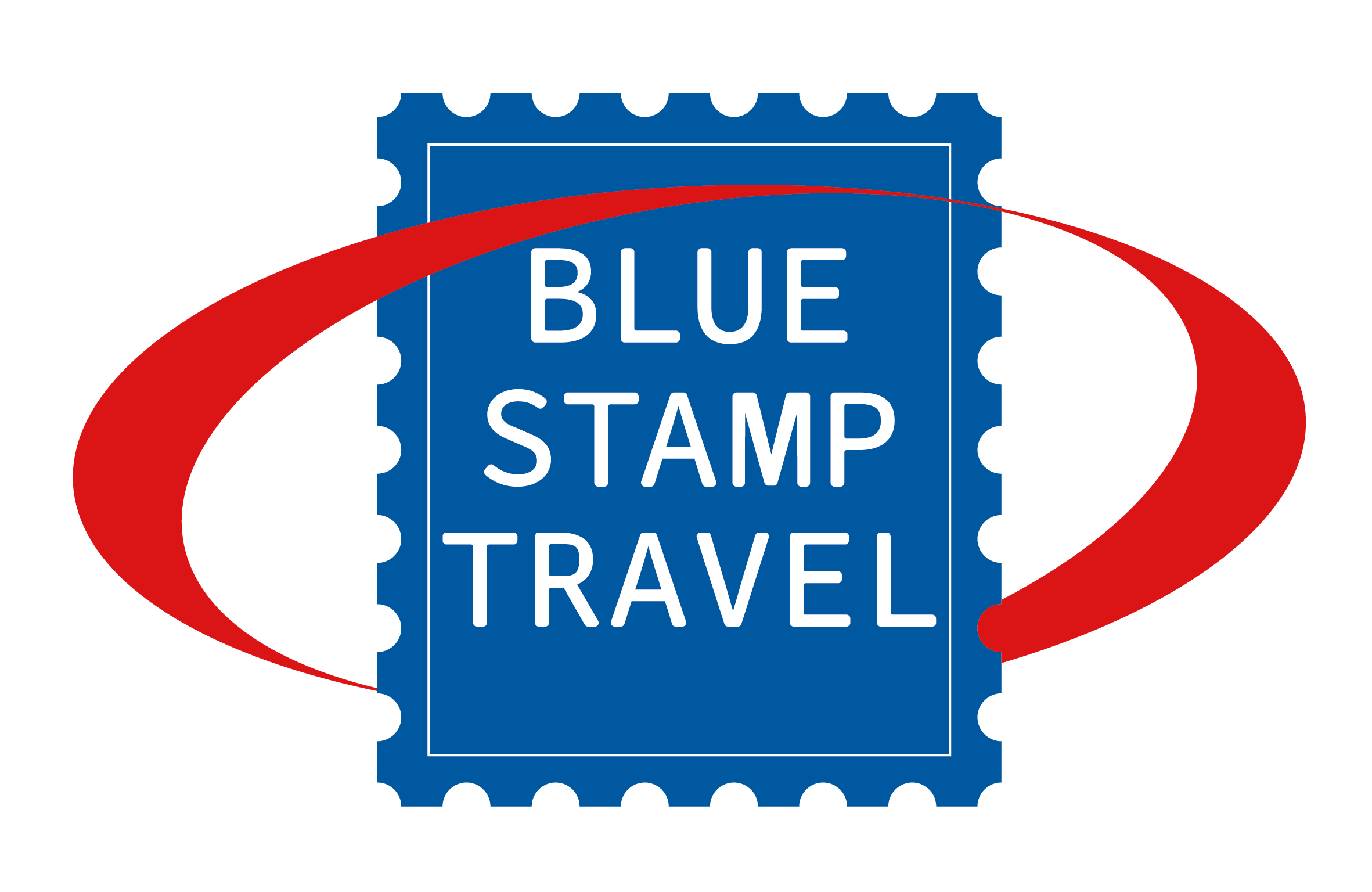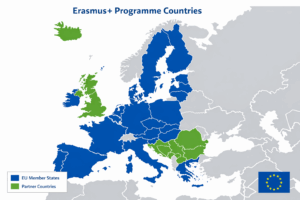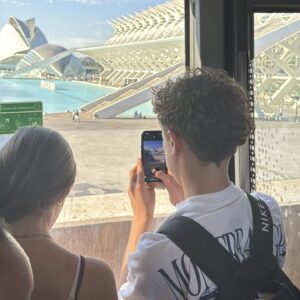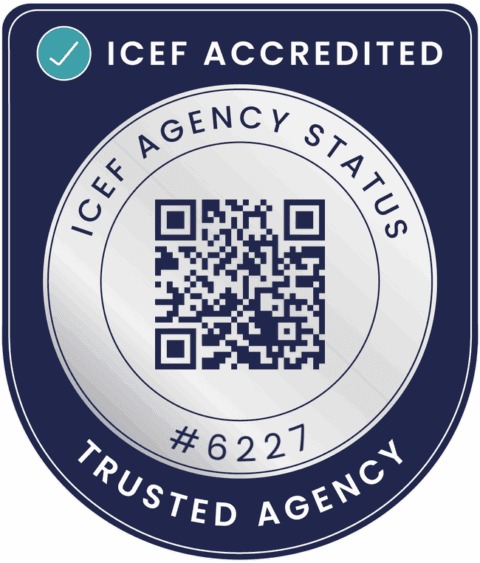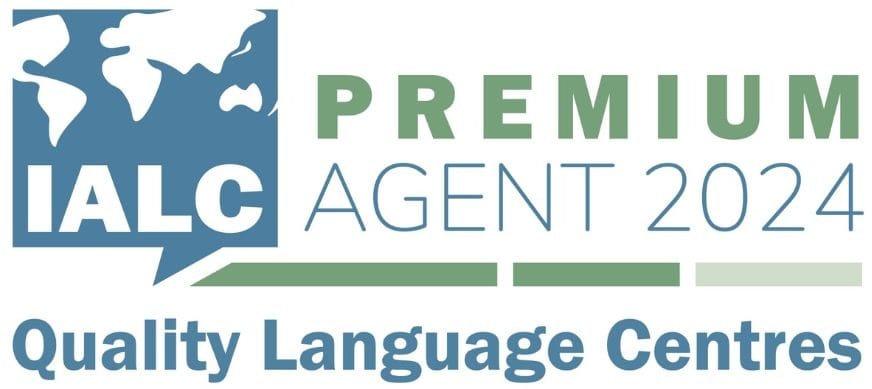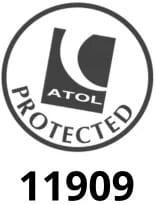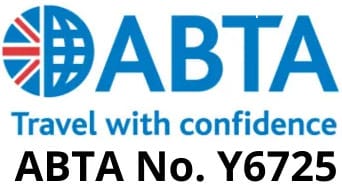Risk Assessment: Managing an Incident
The last thing that you want to be thinking about when organising a trip is what to do in the event of an emergency. That said, it is much easier to have an emergency plan than to have to respond in the event of a crisis.
Data suggests that serious incidents are very uncommon, and even less serious incidents rarely occur on well-planned trips to familiar, well-travelled destinations. However, a well-thought-out plan, conveyed to all those who are responsible for a group, is an essential part of planning. Risk assessment in advance, along with dynamic and ongoing risk assessment during a trip, can help a trip run smoothly and reduce the challenges of group travel.
The HSE (Health and Safety Executive) has produced a guide highlighting common myths about organising a safe school trip: School trips and outdoor learning activities – Tackling the health and safety myths.
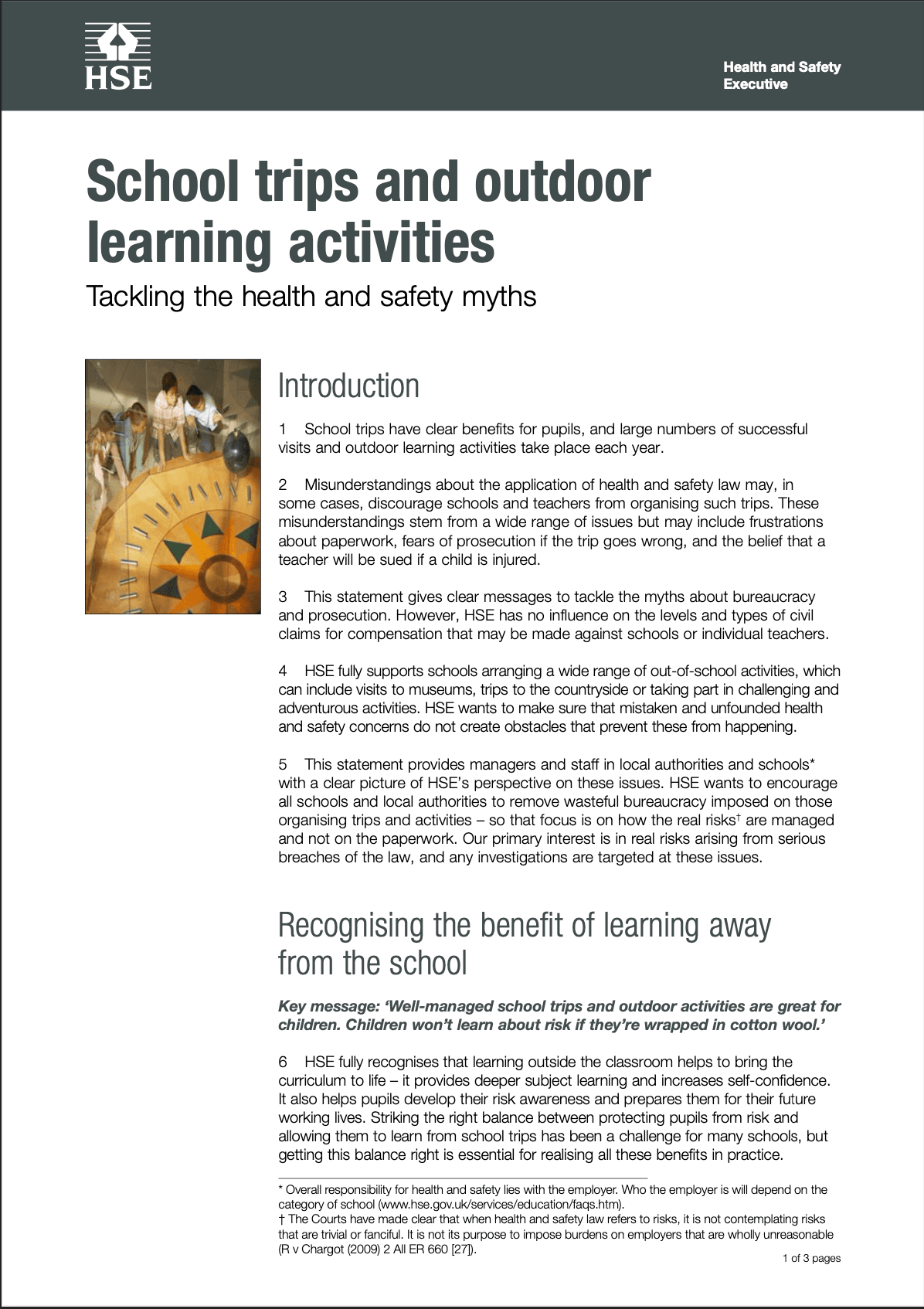
What Counts as an ‘Incident’?
Incidents and Accidents are not the same thing. An accident would usually be considered something where an injury has occurred. An incident, whilst it is possible, may result in an accident, could be a ‘near-miss’ or an event that could have resulted in an accident. It could be related to the behaviour of students and/or travellers, staff in the destination, losing a passport or suitcase, missing a flight, or anything that might involve special consideration. An ‘incident’ could be something relatively minor, but it is important to have a strategy for more serious incidents too. The British Safety Council defines an incident in the context of Risk Assessment as: “In the context of risk assessment, an incident is an unexpected event or occurrence that disrupts normal operations or has the potential to cause harm, damage, or loss. It’s a specific event that has already happened or could potentially happen, which is distinct from a potential hazard or risk.”
It is a good idea to have an agreed-upon incident form. You’ll find an example form on our Trip Planning Resources page. You may find that your school, trust or local authority have a template that they choose to use. A concise incident form is really useful to help record the key facts and helps prevent forgetting to record important details that you may need later on. Perhaps we assume that we all communicate regularly, so it is not necessary to plan this aspect, but nothing could be further from the truth.
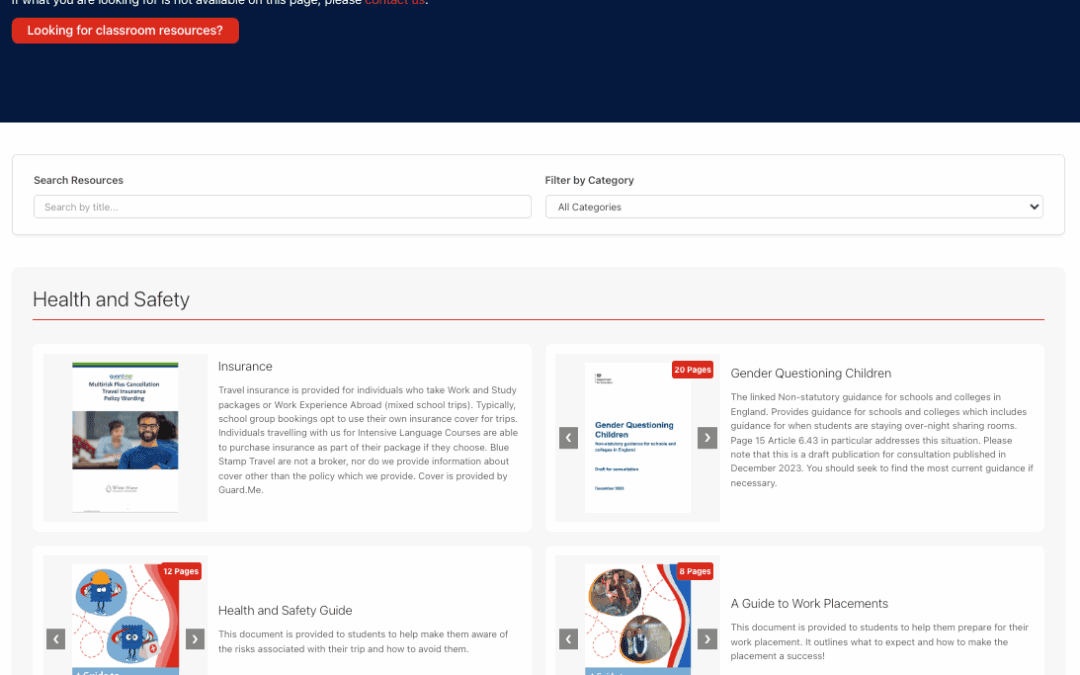
Develop a Communications Strategy: Managing Communications in the Event of an Incident
One area that is very easy to overlook is how to manage communication effectively and efficiently in the event of an incident. Here are some of the considerations you may want to include in your planning for communications in the event of an incident.
1. Make sure your phone is set up for international roaming before you leave the UK.
Blue Stamp provide a guide for all travellers, in their Babel account and in printed format as part of the pre-trip teacher pack, to help travellers make sure that their network and phone are set up to work abroad. Don’t get caught out relying on wifi or hotspots.
2. Carry a portable battery pack and a charging cable for your mobile.
Even if you anticipate that your phone usually lasts all day, you may find yourself using your mobile more when on a trip, navigating, taking photos, posting on social media, making calls, etc. Taking a good quality battery and cable will remove the worry of a phone being unavailable. Note: You mustn’t pack a lithium battery charger in your checked baggage on a flight. Carry it in your hand baggage – it is also where you are most likely to need it anyway!
3. Agree on a contact name and number and protocol for parents/carers.
You should have an agreed-upon emergency contact on the trip and one at school. This should include someone for out-of-hours too – ideally a member of senior staff in the UK. You don’t want the number to be bombarded with calls, stopping you from acting effectively in the event of an incident, so prepare some guidelines for communication channels. An ’emergency number’ is exactly that – for emergencies. Perhaps encourage other less essential queries to be directed to the school office or by email.
4. “Control the narrative.”
If a coach has been hit by a trolley in a car park. This is not the same as an incident on a motorway, for example. Running out of water on a walking tour of a city, near supermarkets and cafes, is different to becoming dehydrated in serious heat as part of a mountain hike. It is important that a clear message is conveyed to those at home if there is an incident to report. Part of this is ensuring that students are responsible with communications home if they have their mobile phones with them. Having a social channel where families and friends back home can see students enjoying themselves will offer a great deal of reassurance. If your school does not use social media, consider a dedicated text-only broadcast group on WhatsApp. (You’ll find a handy guide about WhatsApp Broadcast Groups on their help pages.)
5. Maintain contact with your school link in the UK
In the event of an incident, it is a good idea, early on, to communicate with the senior member of staff linked to your trip. Give them a briefing on the situation so that they can begin the processes in the UK to support parents and carers if necessary. Acting early ensures that they hear from you first. On the off chance a parent or carer calls the UK contact, you want them to be aware of the situation, even if it is an outline with more information to follow.
6. Ensure that you have the relevant information and write notes as appropriate.
Make a note of the names of any travellers involved, dates and times, locations, events leading up to any incident, and names of witnesses if applicable. Take photos if necessary and appropriate to do so, remembering to ensure your safety first.
Groups travelling with Blue Stamp are provided with a Companion Report that contains the names of all travellers, emergency contacts, medical considerations, passport details, homestay contacts and addresses (if applicable) and more. This is useful if you need these details in a hurry. It is available on the Babel platform and in a paper format as part of the trip leader pack sent before every trip.
7. Consider using ‘Share Live Location’ in WhatsApp or What Three Words
Share Live Location is an excellent feature of WhatsApp that you can activate for a fixed period in case you need to keep others informed of your location while being mobile. For example, if you need to update others on an arrival time, they can simply follow you rather than relying on multiple updates.
What Three Words is another useful tool that can help, particularly if you are in a busy location where a broad description may not help or in a remote location, like an airport or in a national park. Every 3m square in the world has been allocated a convenient ‘code’ made up of 3 words that can easily be shared to provide a precise location. This location can be used to aid anyone navigating to find you.
8. Tag names in WhatsApp groups to avoid confusion and over-messaging
If you have a staff group for your trip, you may want to consider tagging names to actions or messages that need a response. “@MrSmith can you contact Sarah’s mum?” is a more useful message than “Can you ring home?”, which may result in multiple staff or no one actioning the request.
Asking a specific tagged person for information is better than an open question that everyone or no one may respond to. For example, “@SnrSanchez, can you tell me what room Aziz is in, please?”
Plan Ahead and Enjoy Your Trip!
Whilst risk assessment and comms strategy is not exactly the glamorous part of group travel, planning ahead will ensure that you and your group can relax and enjoy your trip. Some effort invested ahead of time will mean that you are well prepared and can focus on the best bits of travelling, safe in the knowledge that you can cope with even the most challenging of situations.
